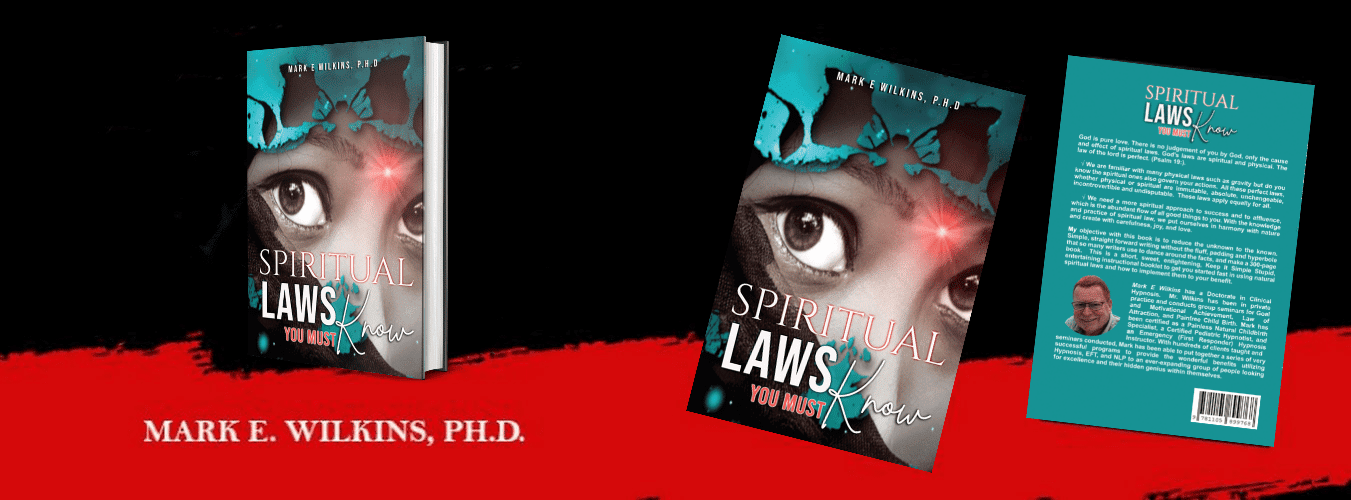
Releasing the power of free will involves understanding its place within cosmic laws and individual agency. Free will is not an unfettered liberty but a purposeful navigation through life's constraints, shaped by karma, divine will, and moral imperatives. By aligning personal choices with these larger forces, individuals attain a deeper freedom and purpose. This alignment offers a pathway to harness the full potential of free will, encouraging a journey toward greater self-realization and cosmic harmony.
Key Takeaways
- Embrace the constraints of cosmic laws to navigate and enhance personal decision-making.
- Align personal choices with divine will to uncover a deeper sense of purpose and direction.
- Reflect on past actions and their consequences to make informed decisions, utilizing the principles of karma and reincarnation.
- Understand the balance between personal agency and the broader ethical and cosmic obligations to make responsible choices.
- Use introspection to explore potential within the given framework, fostering spiritual and moral growth.
Understanding the Cosmic Law of Free Will

Why does the concept of free will captivate the human imagination? It resides at the intersection of cosmic principles and human experience, presenting a profound facet of existence where free choice plays a pivotal role.
The notion that individuals can exert influence over their destinies, aligning or conflicting with the cosmos, compels introspection and philosophical debate. Free will, as interpreted through cosmic law, is not an unbounded liberty but a structured freedom, bounded by universal principles that govern the consequences of every action.
This framework suggests that true freedom involves maneuvering through these constraints, using free choice to forge one's path within a cosmic order.
The Impact of Divine Will on Personal Freedom
Although many view divine will as a potential restrictor of human autonomy, it paradoxically enhances personal freedom by providing a framework within which individuals can make meaningful choices.
This concept posits that divine influence does not diminish but rather bolsters personal empowerment. By aligning personal decisions with the perceived divine will, individuals often find a greater sense of purpose and direction.
The divine framework acts not only as a guide but also as a source of liberation from aimlessness, enabling a deeper exploration of one's potential within the boundaries of moral and spiritual growth.
Consequently, divine will complements personal freedom, fostering a harmonious interplay between destiny and choice.
The Role of Karma and Reincarnation in Free Will

Understanding the intricate relationship between karma, reincarnation, and free will reveals how these concepts interlock to shape human destiny.
Karma balance plays a pivotal role in determining the circumstances into which one is reincarnated, influencing the spectrum of choices available in subsequent lives.
Reincarnation cycles provide multiple opportunities to address and rectify past actions, fundamentally offering a dynamic framework for exercising free will under different conditions.
This cyclical interaction guarantees that free will is not just a momentary expression but a long-term engagement with one's spiritual evolution, guided by the laws of cause and effect across lifetimes.
Misinterpretations of Free Will and Ethical Dilemmas
Free will, while foundational to spiritual evolution as discussed in the context of karma and reincarnation, often faces misinterpretations that lead to profound ethical dilemmas.
Misunderstood freedoms emerge when individuals misconstrue free will as an absolute, unbounded by ethical or cosmic laws. This view fosters decisions that disregard the consequences on others and the environment, leading to significant ethical implications.
Such actions, while seemingly free, contradict the interdependence and moral responsibilities outlined in universal principles.
Reflecting on these misinterpretations, it becomes evident that true freedom involves recognizing and aligning with these broader, interconnected cosmic and ethical obligations.
The Relationship Between Free Will and Divine Order

Exploring the intricate relationship between free will and divine order reveals a complex dynamic where human autonomy intersects with higher cosmic principles.
This interaction suggests that while individuals possess the autonomy to make choices, these decisions are underpinned by a divine framework aiming for cosmic balance and divine harmony.
Free will operates within this structured cosmos, suggesting a balance between personal agency and predetermined cosmic laws.
The concept of divine order does not negate free will but rather guides it, ensuring that individual actions contribute to a larger, harmonious design.
This balance is essential for maintaining the moral and spiritual order of the universe.
Exploring the Universal Principles Governing Free Will
The interplay between human autonomy and divine order establishes a framework within which free will operates. This balance is essential for understanding the universal principles that govern free will, guiding personal empowerment through conscious choices. These principles underscore the significance of aligning personal desires with cosmic laws, fostering a reflective journey towards spiritual harmony.
| Principle | Impact on Free Will |
|---|---|
| Cosmic Law Compliance | Enhances decision-making |
| Karma and Reincarnation | Shapes personal destiny |
| Divine Guidance | Influences but not controls |
Through careful contemplation of these principles, individuals can navigate the complex landscape of moral responsibility and spiritual growth.
Practical Steps to Align Free Will With Divine Intentions

Often, individuals seeking alignment with divine intentions confront the challenge of reconciling their desires with the overarching cosmic principles. This process emphasizes personal empowerment through ethical decision making.
By critically evaluating each decision's alignment with universal laws, individuals can navigate their freedoms within cosmic constraints. This alignment requires introspection and a commitment to moral integrity, fostering a harmonious balance between personal desires and divine will.
The practice not only enhances personal growth but also contributes to the collective spiritual elevation. Accordingly, aligning free will with divine intentions becomes a transformative journey towards achieving a profound, ethical existence grounded in cosmic harmony.
Frequently Asked Questions
How Does Free Will Influence Daily Decision-Making Processes?
Free will impacts daily decision-making by enabling choices amidst potential decision fatigue and choice overload. It facilitates autonomy but requires balancing desires with moral and social responsibilities, reflecting a complex interplay of personal freedom and obligation.
Can Free Will Be Strengthened or Weakened Over Time?
Free will evolution suggests that personal agency can indeed be strengthened or weakened over time through experiences, decision-making, and reflection, ultimately affecting an individual's capacity to exercise free will effectively and ethically.
How Does Societal Culture Impact Perceptions of Free Will?
Societal culture shapes perceptions of free will through cultural norms that either reinforce or restrict individual autonomy, reflecting a community's values and beliefs about personal responsibility and freedom within its structured societal framework.
What Are Common Misconceptions About the Limitations of Free Will?
Common misconceptions about free will limitations often center on the determinism debate, suggesting autonomy is illusory. Critics argue that environmental and genetic factors predetermine choices, undermining the concept of true individual freedom and responsibility.
How Does Free Will Interact With Mental Health and Wellness?
Free will influences mental health by impacting therapy approaches and personal responsibility. It enables individuals to choose their responses to therapy, reflecting on their actions and decisions, thereby affecting their overall wellness and mental state.
Conclusion
In summary, the journey of understanding free will mirrors the ancient mariner steering by the stars. Just as sailors once used celestial bodies to guide their paths across unknown waters, individuals can use the principles of karma, reincarnation, and divine will to chart a course through life's moral complexities. By aligning one's choices with cosmic laws, each person crafts a destiny shaped by both the invisible forces of the universe and the tangible actions of daily life.

